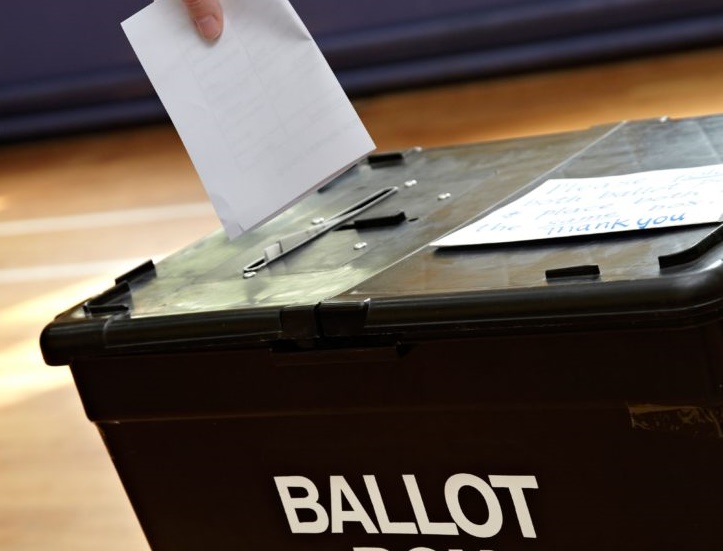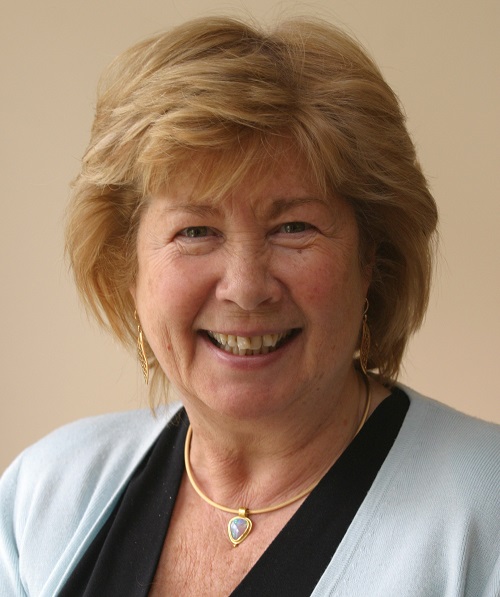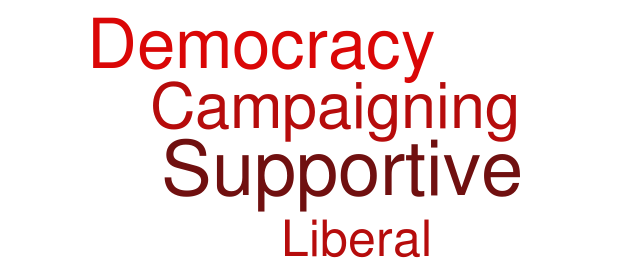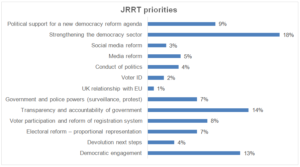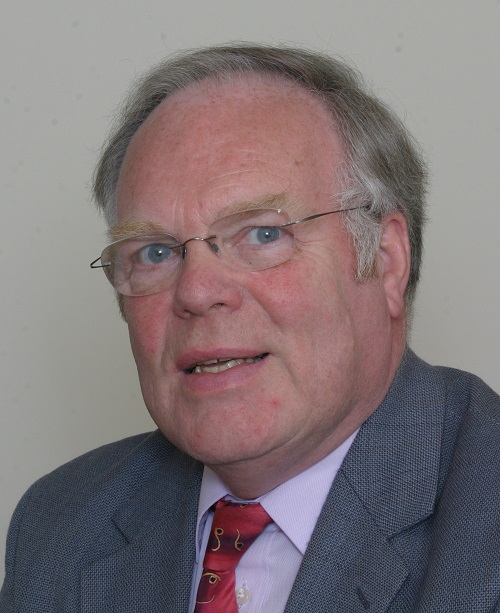Next year’s elections to the Senedd are unique. Tens of thousands of 16 and 17 year olds will be able to vote for the first time, joining their peers in Scotland in participating in the democratic process. Foreign nationals will also have the right to vote. Information campaigns have already been launched across Wales to get the message out.
Yet the elections will take place against the background of disruption caused by the pandemic; as across the UK, where a bumper set of elections is taking place. Electoral administrators, statutory bodies, political candidates, and all those who care about participation in our democracy, face uncertainty. Plans to ensure everyone can vote safely, as well as engagement campaigns to reach those least likely to vote, must respond to a changing situation and the risk that face-to-face meetings may not be possible.
At an important civic moment for over 100,000 people in Wales, there is a risk this disruption will taint their first chance to vote in the UK – and will amplify existing inequalities in political participation.
The UK Democracy Fund works to enable everyone to vote. We aim to improve the fairness and health of our democracy by supporting under-represented groups to participate. If engagement campaigns are done well, these elections can be a moment of valuable learning for the rest of the UK about how extensions of the franchise can empower young people in particular to make their voice heard and exercise their democratic rights.
The Fund welcomes the extension of the franchise in Wales, and is pleased to announce a set of grants awarded to groups seeking to engage newly enfranchised voters in the election.
Over £138,000 has been invested in four civil society organisations:
- Boys’ and Girls’ Clubs of Wales
- Citizens Cymru Wales, a chapter of Citizens UK
- Ethnic Youth Support Team (EYST)
- Urdd Gobaith Cymru
The Welsh Government has welcomed this announcement:
“There is so much exciting work taking place in Wales to support the extension of the voting franchise and we are delighted that additional projects in Wales have received support from the UK Democracy Fund. Young people across Wales will have a number of opportunities to engage in democracy and prepare for their first vote in Senedd elections in May”.
The Fund believes that addressing political inequality and ensuring newly enfranchised voters can exercise their rights is beyond the reach of any single organisation. As a result, we are working alongside the Welsh Government, the Electoral Commission, the Senedd and the Electoral Reform Society in Wales to support organisations to coordinate, collaborate and share learning about what works. We have already seen significant and welcome efforts to coordinate approaches and invest in education and information resources for voters.
Catrin James, from Urdd Gobaith Cymru, a National Voluntary Youth work organisation with over 55,000 young members across Wales, said:
“We are pleased to receive the funding support from the UK Democracy Fund and are looking forward to collaborating with others. Senedd Elections in 2021 will be the first time that 16/17 year olds will be able to vote in Wales. Through a range of activities the Urdd will raise awareness and encourage young people across Wales to understand the relevance of Senedd Elections in May and act to register and cast their vote.”
A grant has also been awarded to academics Christine Huebner, Thomas Loughran, Andy Mycock and Jan Eichhorn for a research project seeking to understand what interventions make the difference in terms of young people’s political participation.
The Project Lead, Dr Christine Huebner at Nottingham Trent University, said:
“This presents a unique opportunity to test and demonstrate successful strategies to mobilise young first-time voters and enhance turnout levels among young people in Wales. The project will extend the evidence base on ‘Votes at 16’ in the UK and internationally.”
For more information, please contact the Head of the Fund at DemocracyFund@jrrt.org.uk.
Further detail about grants awarded by the Fund is available here

